The NBA is the highest level of basketball. As a result, it's natural for basketball fans to expect NBA stars to thrive in FIBA play, where they're playing against many players who don't play in the NBA.
Furthermore, Team USA often parades a talented squad, giving players distributed responsibility. However, this isn't always the case. In fact, there have been some NBA stars who don't play as well at the international stage. Let's take a look at Joel Embiid and nine NBA stars who weren't fit to play international basketball.
Check out this gallery.
1. Joel Embiid
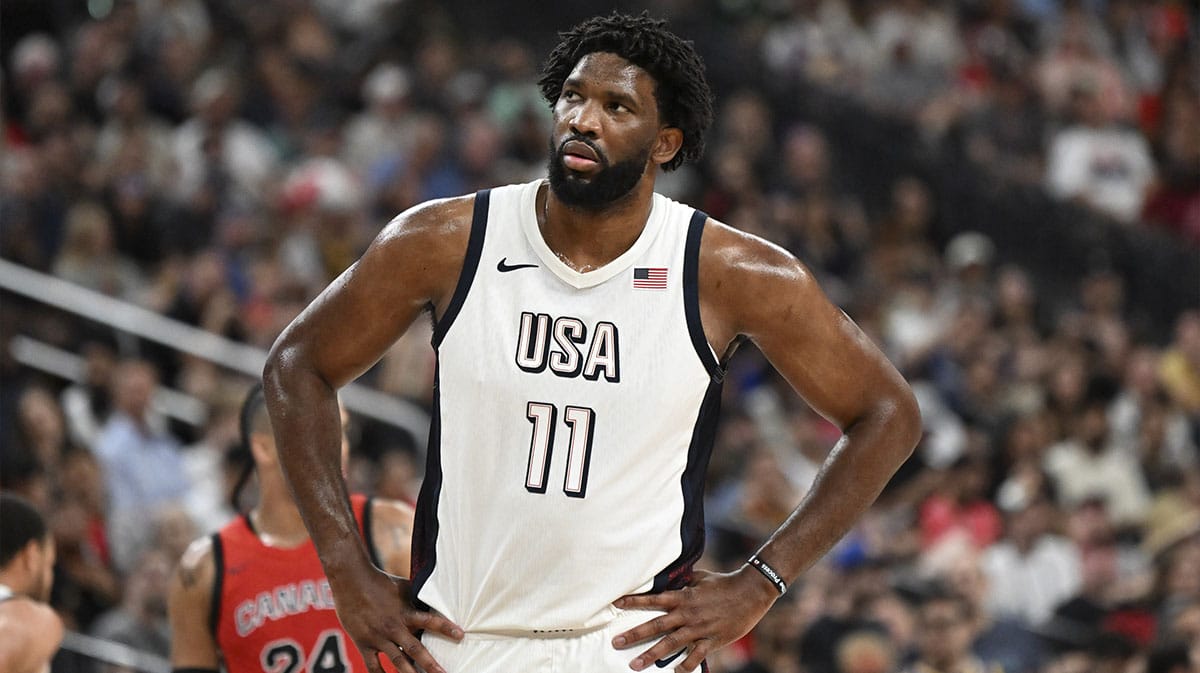
A lot of NBA fans will agree that Joel Embiid has looked pretty much out of place for Team USA. After controversially joining Team USA despite initially getting naturalized by France, Embiid only scored four points on 2-of-5 shooting from the field to go along with a pair of rebounds in a win over Serbia before coach Steve Kerr benched Embiid in a win over South Sudan.
While those are far from his NBA numbers, the more glaring sight is how the former NBA MVP is struggling to keep up with the pace of international play. Despite this, Embiid will start for Team USA against Puerto Rico.
2. Damian Lillard
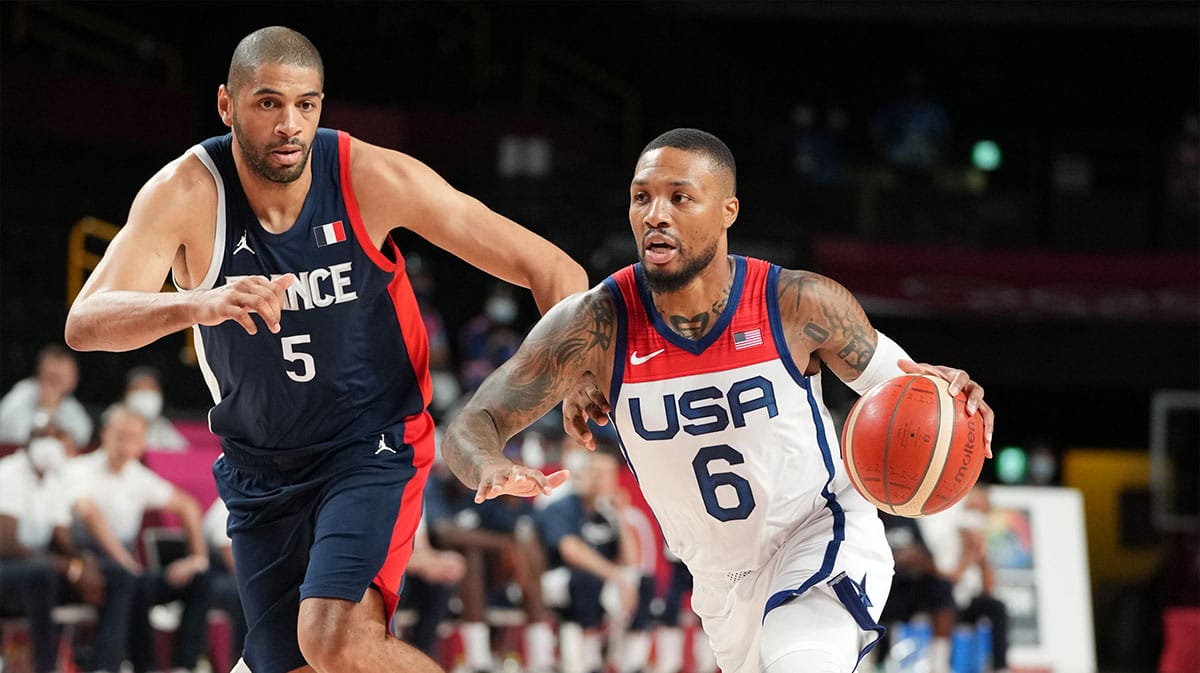
Back at the 2020 Tokyo Olympics, it's safe to say that Damian Lillard wasn't exactly the same star he was for the Portland Trail Blazers. The current Milwaukee Bucks guard didn't really go into a slump in Tokyo. However, there's no question that Lillard was forced to adjust to international style of play in terms of playing off-ball.
It's worth noting that Lillard only shot 38 percent from the field in Tokyo. But more importantly, Lillard had to exert more effort on the defensive end and was playing through an abdominal injury. Fortunately, Team USA was still able to limp to a gold-medal finish.
3. Kemba Walker
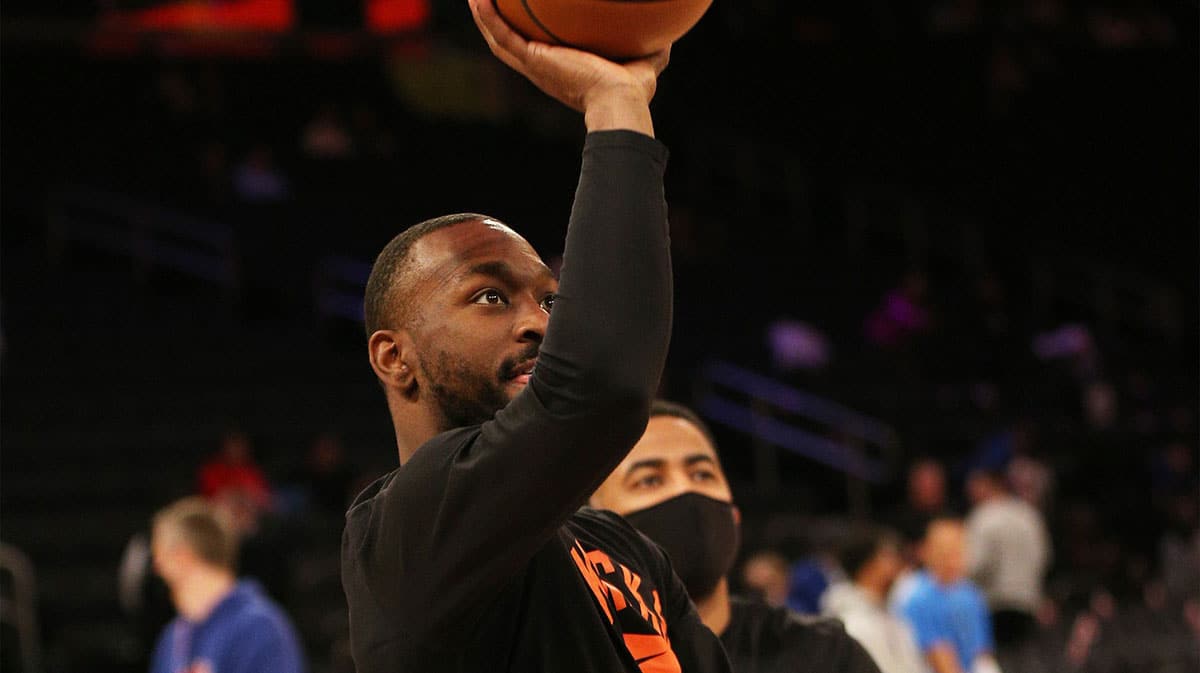
From being the star in Charlotte to a sparkplug off the bench, Kemba Walker provided the scoring for Team USA. But in modern FIBA play, that's no longer enough. Although Walker's scoring was present at 14.4 points per outing, a team full of stars like Team USA didn't exactly need one guy to score.
Instead, Team USA actually needed more playmaking, which a guard like Walker should have provided more. To make matters worse, Walker's 6-foot-1 frame also became a liability on the defensive end, allowing bigger players to take advantage of mismatches. As a result, it isn't surprising that Team USA finished only seventh at the 2019 FIBA World Cup.
4. Jaren Jackson Jr.
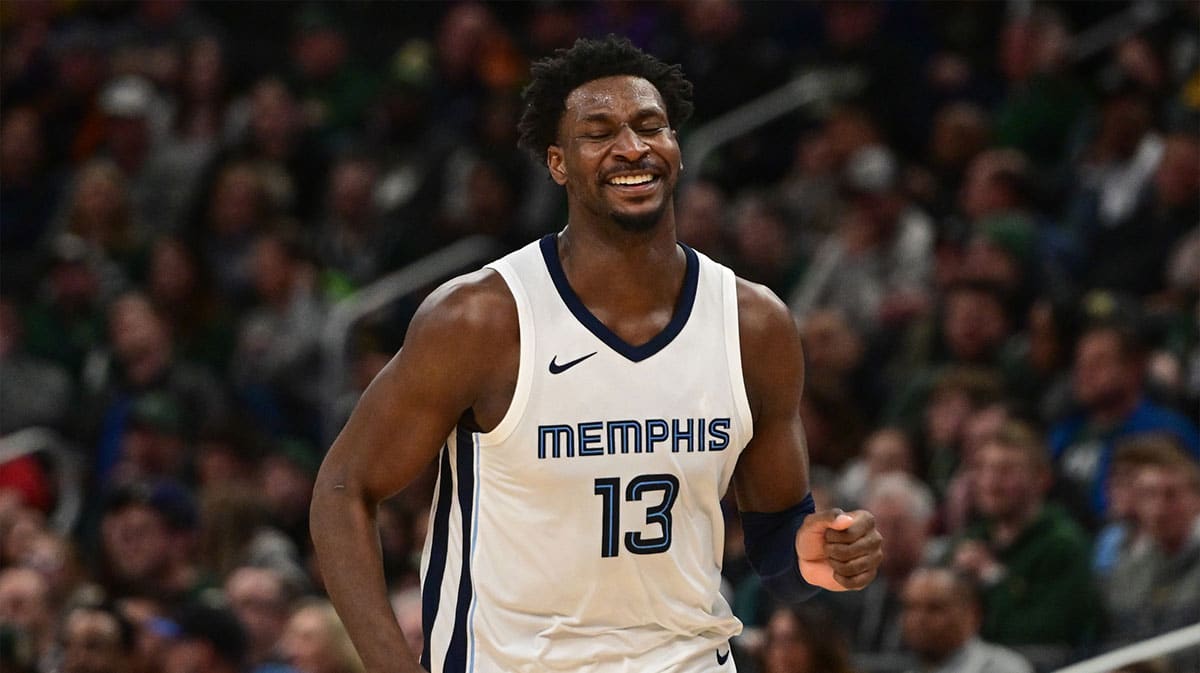
Coming off a Defensive Player of the Year Award season, Jaren Jackson Jr. was called up to man the frontcourt for Team USA bound for the 2019 FIBA World Cup. However, as the main post-up defender, Jackson ultimately struggled.
Unlike his assignment with the Memphis Grizzlies, Jackson made an impact defensively as a weakside defender. With Team USA, Jackson was ultimately bullied by stronger post-up centers such as Jonas Valanciunas and Daniel Theis.
5. Brandon Ingram
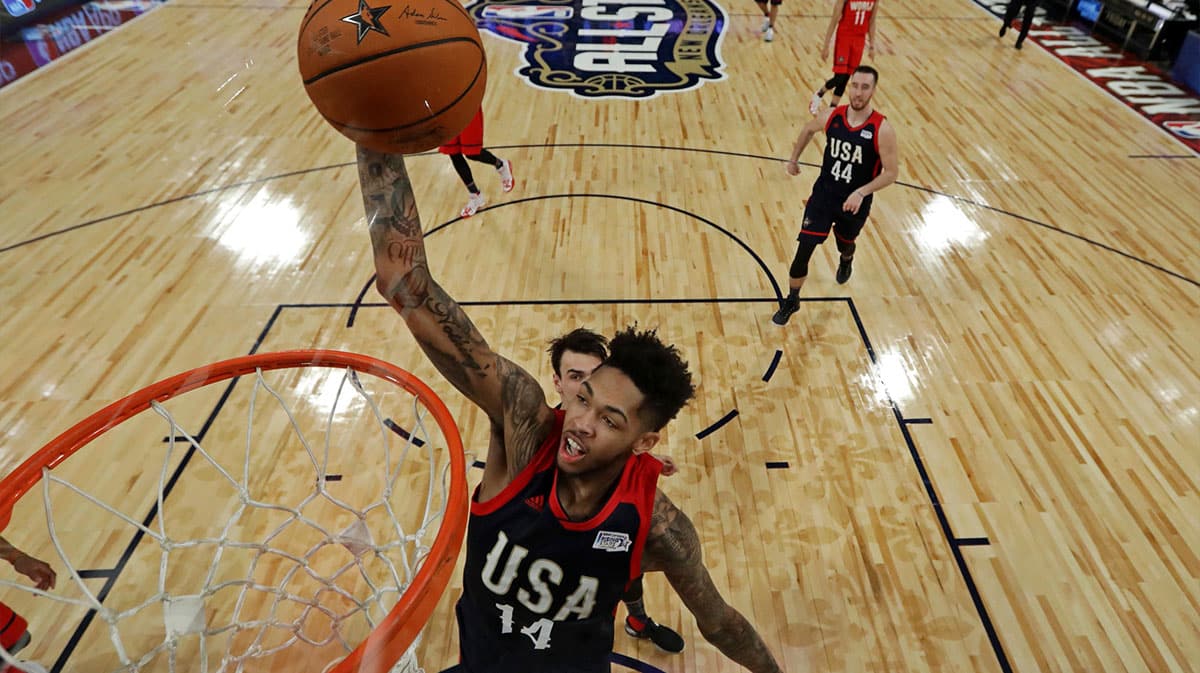
While Brandon Ingram blossomed into an All-Star caliber player for the New Orleans Pelicans, It was an entirely different story for him when he represented the red, white and blue. Ingram struggled with the pace and his role with Team USA at the 2023 FIBA World Cup.
In fact, the Pelicans star only shot 27 percent on 3-pointers and 50 percent from the charity stripe. It's safe to say that Ingram was out of rhythm for the tournament, averaging only 5.7 points per game.
6. Baron Davis
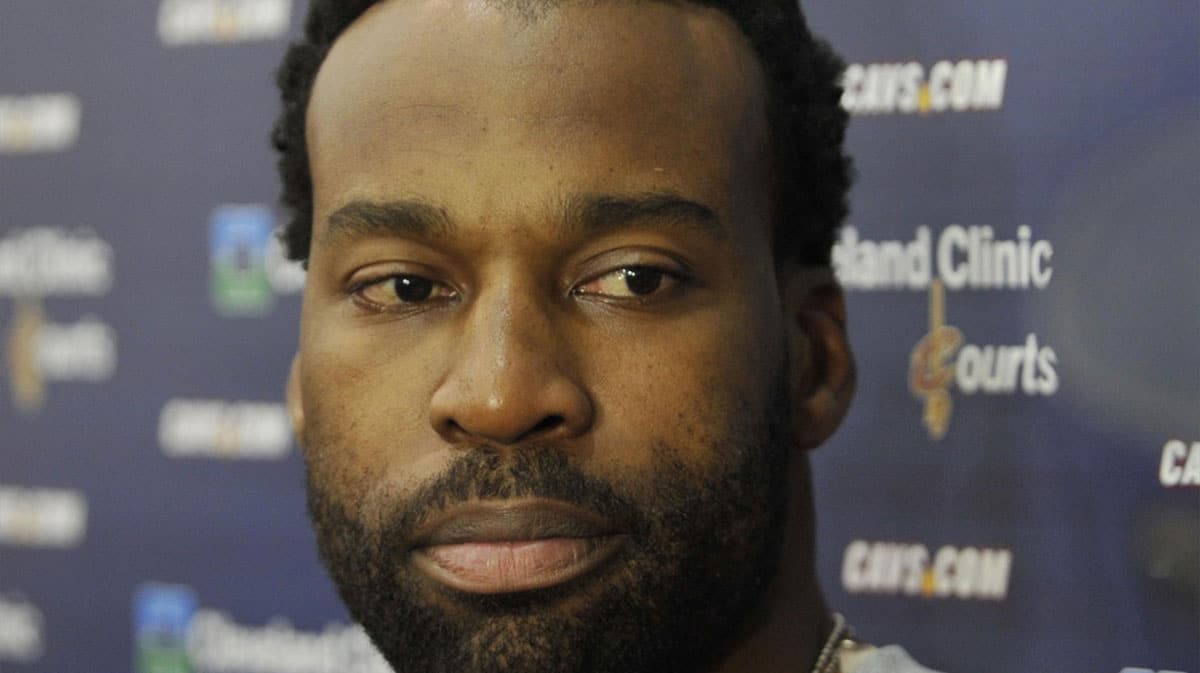
Isolation plays and ball handling are the strengths of Baron Davis, making him a two-time All-Star in the NBA. Although Davis was expected to star for Team USA at the 2002 FIBA World Cup in Indianapolis, the rest of the world were already closing the gap.
While Davis was an elite ball handler, it was easy for opposing teams to lock him up, limiting him to only 7.8 points per game on a miserable 38 percent shooting from the field overall.
7. Stephon Marbury
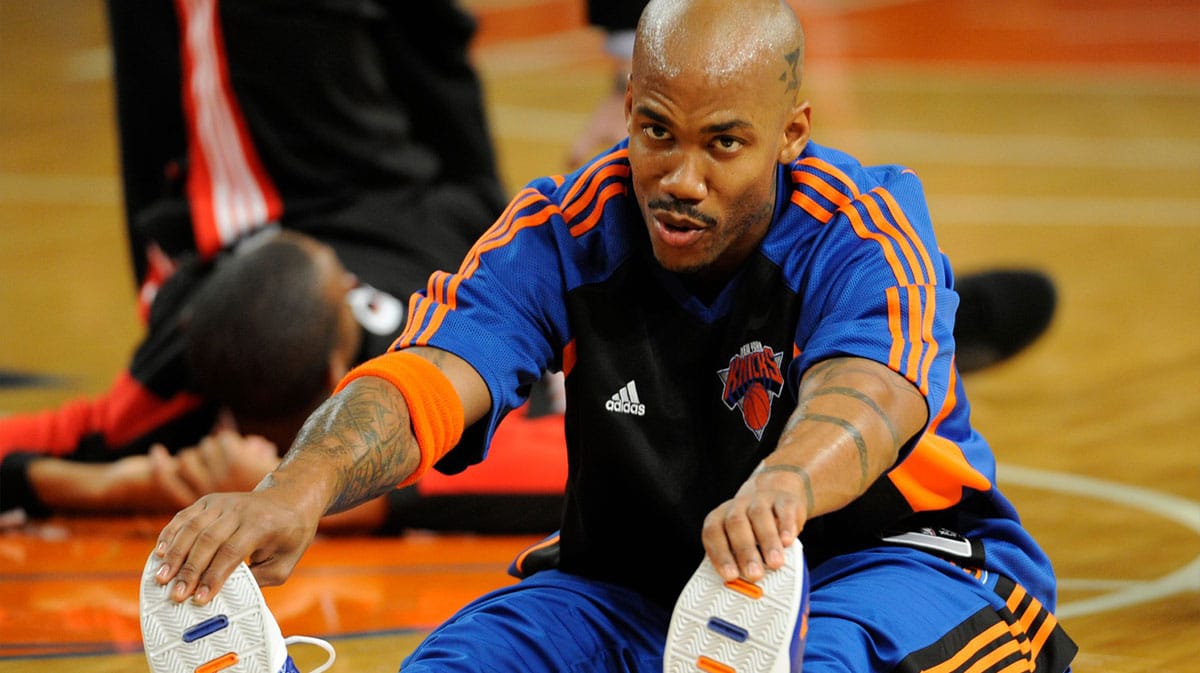
Stephon Marbury was an elite scoring guard in the NBA. While Marbury can get buckets, that isn't always the right fit internationally, especially with a team loaded with scorers.
Marbury may have scored decently, putting up 10.5 points per outing. However, Team USA needed more playmaking from the two-time All-Star. In fact, Marbury went cold in the crucial 94-90 loss against Lithuania, putting up only two points on 1-of-7 shooting.
8. Allen Iverson
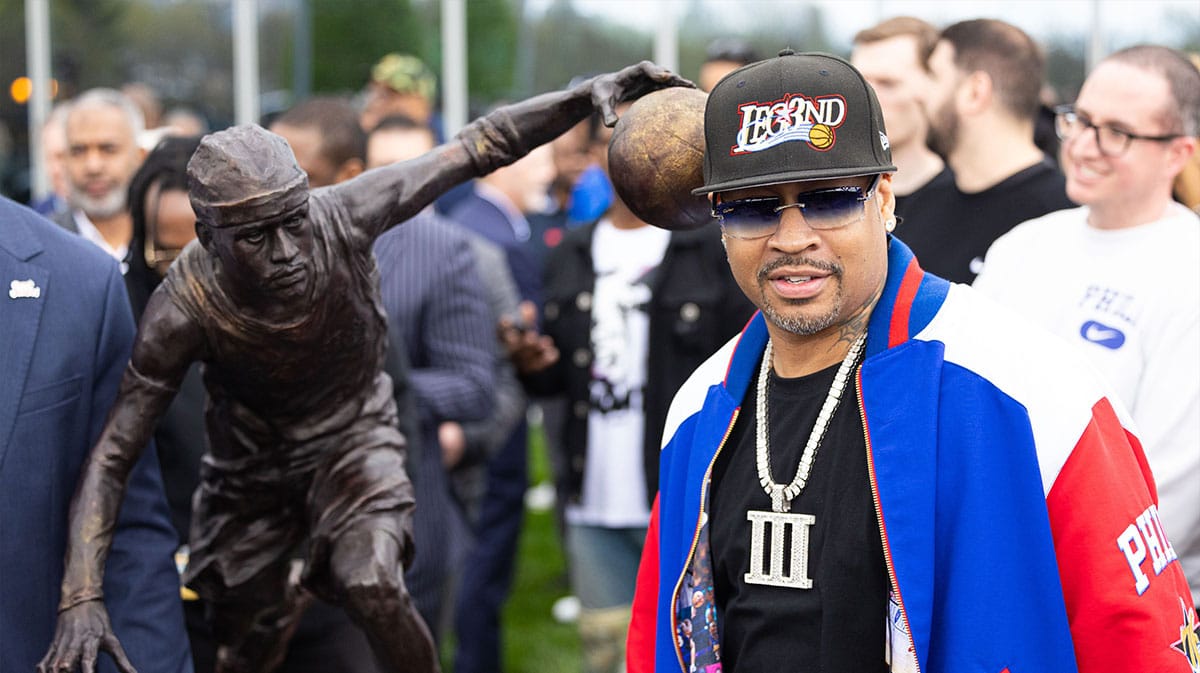
Allen Iverson entertained the NBA en route to an MVP award. Known as The Answer with a Killer Crossover, Iverson had all the tools to succeed in one-on-one plays, making him nearly unguardable when left on an island.
However, team defense was a system that international teams focused on. This forced Iverson to struggle, as he often failed to get his teammates involved. Although he led his team in scoring with 13.8 points a game, Iverson shot the ball at an inefficient clip of 38 percent while also turning the ball over 1.8 times per game.
9. Draymond Green
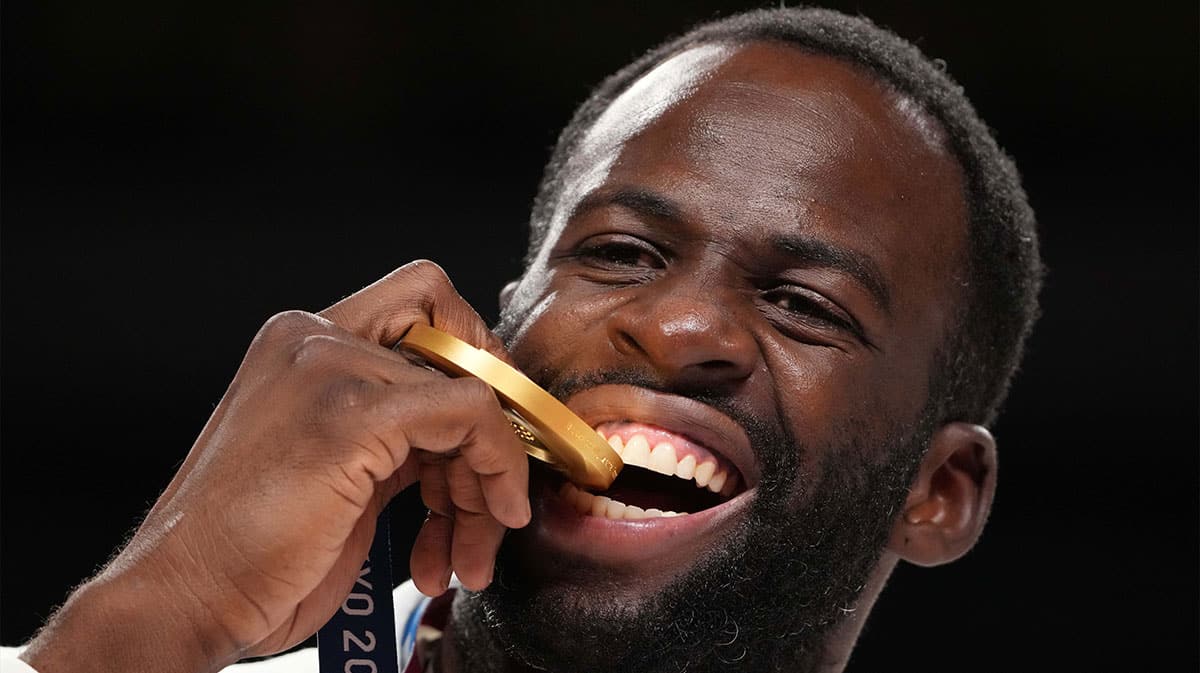
In the modern era, there's no doubt that Draymond Green played a huge part in the Golden State Warriors' dynasty en route to four NBA titles. But while Green thrived in small-ball situations, he didn't exactly play like a four-time NBA champion in the international stage.
Standing at 6-foot-7, Green was often caught in mismatches due to being undersized. Furthermore, without much elite shooters like Stephen Curry to pass to, Green was easily neutralized in the Olympics. Nonetheless, Green was still able to help Team USA capture the gold in 2016 and 2020.
10. Tim Duncan
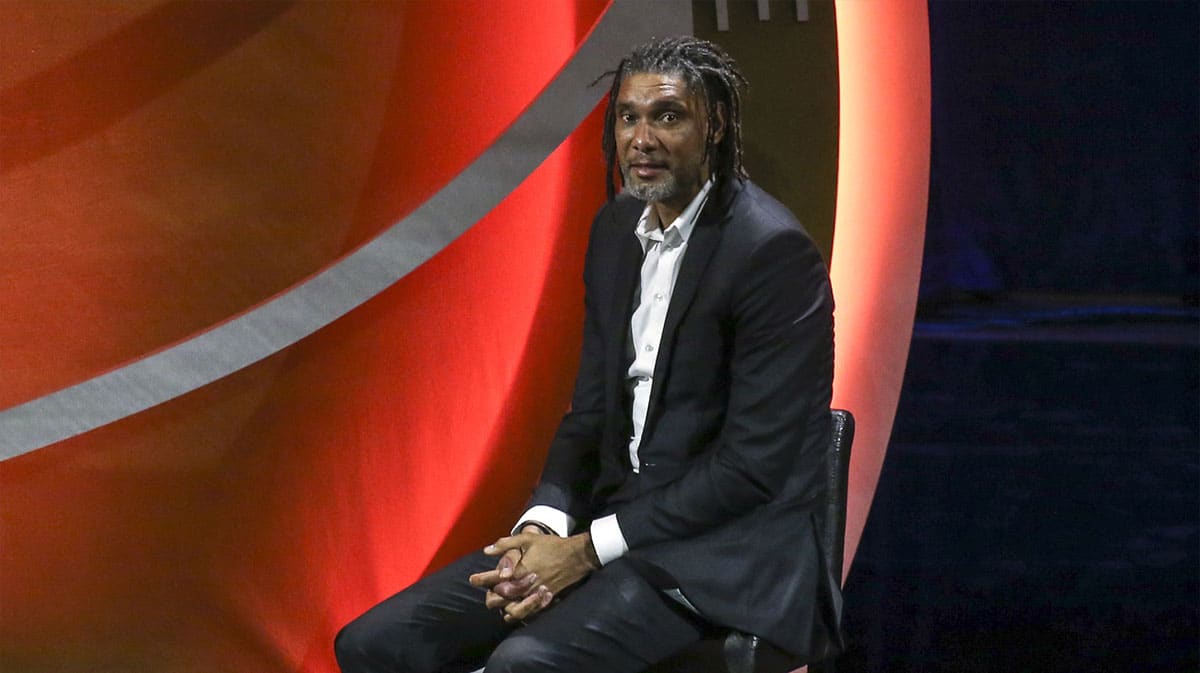
The 2004 Team USA squad was headlined by none other than a prime Tim Duncan. Known as the Big Fundamental, Duncan was part of the Spurs dynasty, collecting five NBA championships, three Finals MVPs, and two NBA MVPs.
However, Duncan struggled heavily in the FIBA style of play. Around that time, FIBA still implemented a trapezoidal key, confusing the Big Fundamental. Furthermore, Duncan also struggled to adjust to the way fouls were being called in FIBA.
